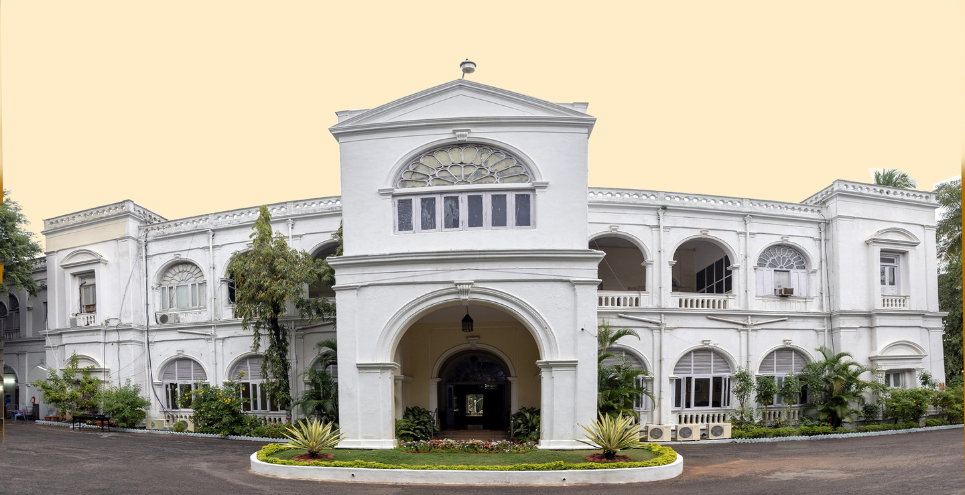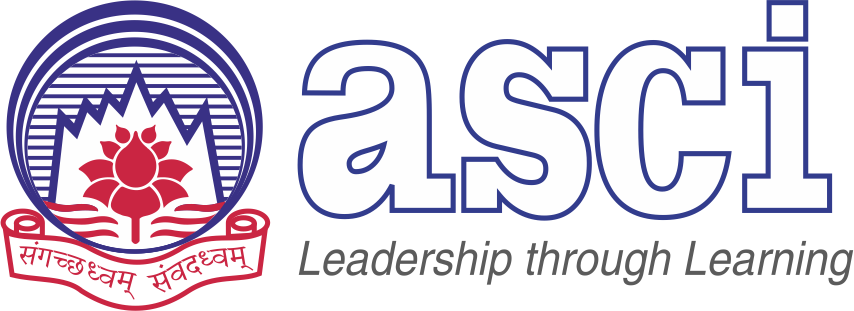Leading Strategic Innovation – Programme Overview
In today’s business & regulatory landscape, maintaining a strong reputation for integrity is vital for sustaining market confidence and public trust. However, incidents of financial crimes, fraud and misconduct can significantly compromise these efforts, exposing organisations to financial, legal, regulatory and reputational risks. As a result, proactive financial fraud risk management has become a priority for senior leadership—particularly in the banking sector, where scrutiny, enforcement and regulatory penalties are intensifying.
RBI’s enhanced reporting framework for frauds, coupled with increasing adoption of technology in fraud detection, has transformed how Indian banks manage operational and financial risks.
This programme equips participants with frameworks and tools to proactively detect, investigate and mitigate financial frauds across institutions.
OBJECTIVES
- Develop a comprehensive understanding of financial fraud risk management, focusing on the banking and financial services sector.
- Build practical expertise in conducting forensic audits to detect and mitigate fraud & financial crimes.
- Analyse real-world fraud cases for practical learning and actionable insights.
- Familiarise participants with the Reserve Bank of India’s fraud reporting guidelines (FMR, CRILC), early warning signals for NPAs and emerging risk from digital frauds.
CONTENT
Day I – Understanding Financial Fraud in Banking
- Overview of Financial Fraud in the Banking Sector.
- BRBI Guidelines on Fraud Risk Management-Fraud Reporting Mechanisms (FMR, CRILC, RBI Circulars) and role of Chief Vigilance Officer.
- Fraud Risk Vectors - Transaction, Documentary, Employee Fraud and Cyber Frauds.
- Fraud Risk Management in Digital Payments- UPI/payment frauds, deepfakes and Social engineering trends.
Day II – Forensic Audit: Concepts and Practice
- Introduction to Forensic Audit
- Methodologies for Conducting Forensic Audits
- NPA/Loan evergreening & stressed asset frauds
- Leveraging Technology in Forensic Investigations
Day III – Case-Based Learning and Strategic Planning
- Prevention of Anti Money Laundering
- Fraud Prevention and Mitigation
- Use of technology in fraud detection in Indian banks
- Case Study Analysis of major financial frauds
- Programme Wrap-Up and Action Planning engineering trends.
Participants will emerge with a robust understanding of prevailing best practices in fraud risk management and forensic auditing, enabling them to initiate meaningful improvements within their organisations.
METHODOLOGY
The programme follows an interactive and practice-oriented approach. It combines expert-led classroom sessions, detailed case studies, and peer experience-sharing to promote applied learning. This ensures participants can directly translate knowledge into actionable strategies. Simulation exercises on fraud detection systems, forensic tools and RBI-compliant reporting frameworks will be part of the learning experience.
FACULTY PROFILE
Dr. Madhusoodanan P.R., Professor and Director of the Centre for Economics and Finance, will lead the programme. With extensive national and international experience in policy-making, teaching, training, and industry consultancy in economics, finance, and global investment banking, Dr. Madhusoodanan brings deep domain expertise. He will be assisted by RCPA team with external faculty team including regulators, industry practitioners and academics.
PARTICIPANT PROFILE
Ideally suited for senior and mid-level officers from Banks, NBFCs, Small Finance Banks, Urban Cooperative Banks, and other financial institutions involved in fraud risk management, compliance, digital banking, supervision, or internal audit.
Organisational sponsorship is essential
VENUE
The programme is fully residential and the participants will be accommodated in air-conditioned single occupancy rooms. The college does not provide accommodation for the family. The college is Wi-Fi enabled in a comprehensive way.
DURATION
The programme duration is 3 days starting from December 08 - 10, 2025. The participants are expected to arrive a day before commencement and may leave after the conclusion of the programme.
PROGRAMME FEE
Residential Fee: Rs. 43,700/- (US $ 683 for foreigners) plus GST as applicable (presently 18%) per participant. The fee covers tuition, board and lodging, courseware (in electronic form) and other facilities of the College including internet usage.
Non-Residential Fee: Rs. 37,700/- plus GST as applicable (presently 18%) per participant. The fee covers tuition, course ware (in electronic form) working lunch and other facilities of the College including internet usage.
A discount of 10% on the Programme fee for three or more participants from the same organisation will be given, provided the payment is credited into our Bank account before December 06, 2025.
Note: Kindly forward us the details of the Bank/ Wire transfer of the programme fee through email to: [email protected] for confirmation.
MEDICAL INSURANCE
The nominees are requested to carry with them the proof of Medical Insurance. The sponsoring agency is required to endorse the nominees' medical coverage in the event of hospitalization.
LAST DATE FOR NOMINATION
Please use the prescribed/attached form. Last date for receiving nominations is December 01, 2025. Kindly contact Programmes Officer for further details (contact details are given at the end of the nomination form).
LAST DATE FOR WITHDRAWAL
December 04, 2025. Any withdrawals after this date will entail forfeiture of fee paid, if any.
ASCI ALUMNI ASSOCIATION
Participants of the College programmes will automatically become members of the ASCI alumni association.
CERTIFICATE OF PARTICIPATION
The College issues a Certificate of Participation on conclusion of the programme.

